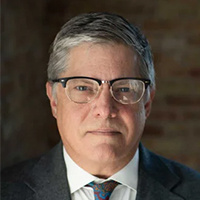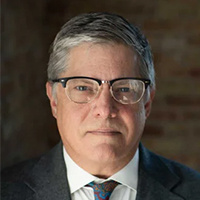Oostburg White Collar Crime Lawyer, Wisconsin
Sponsored Law Firm
-
 x
x

Click For More Info:
-
Birdsall Obear & Associates LLC
603 South 8th Street Sheboygan, WI 53081» view mapCriminal Defense We Demand Justice.
We bring that passion and our expertise to every case and pledge to ensure that both our clients and the rule of law are shielded from these forces.
800-970-9551
Kirk Bowden Obear
✓ VERIFIEDCriminal, Felony, Traffic, White Collar Crime, DUI-DWI
Wisconsin Statewide Criminal Defense in all State and Federal Courts
Attorney Kirk Obear came to Wisconsin in 1999 after serving in the U.S. Air Force for more than ten years. He graduated summa cum laude from Mount Oli... (more)
Thomas E. Brown
Products Liability, Litigation, Criminal, White Collar Crime, Mass Torts
Status: In Good Standing Licensed: 54 Years
 Kirk Obear Sheboygan, WI
Kirk Obear Sheboygan, WI Practice AreasExpertise
Practice AreasExpertise

